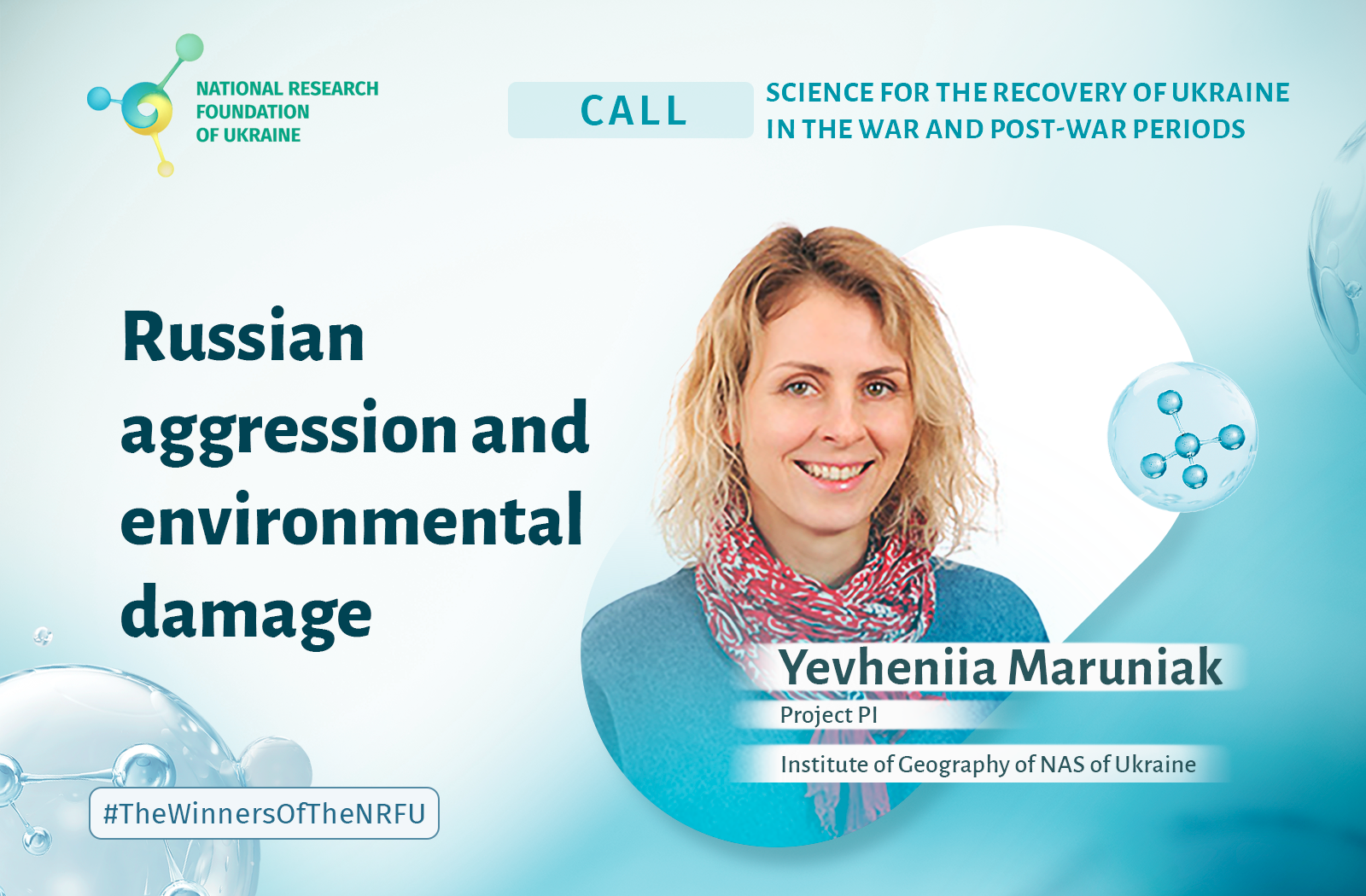A lot of dangerous diseases (in particular, cancer) are completely curable. If these diseases are diagnosed at early stages and treated in time, a person has every chance to return to normal life.
One of the most common diagnostic methods is detection of special biological molecules (biomarkers). At an early stage, there are always very few of them, and it is extremely difficult to ‘locate’ the molecules. The scientists of the Institute of Information Registration Problems of the National Academy of Sciences of Ukraine decided to find methods of ‘tracking’ of these biomarkers. Their project ‘Nanocapturers is a new approach to effective, non-invasive and safe biological analysis’ became a winner in the call of the National Research Foundation of Ukraine ‘Support for Research of Leading and Young Scientists’.
We asked Anatolii Lapchuk, the project PI and leading researcher of the Department of Optical Media of the Institute about the first months of the war: what were they like for him? Is the team that has been carrying out (and hopefully in the near future will be able to complete the important research) safe?
“We are fine, but the financial situation of the new member of the team, temporarily relocated from Donbas, is very difficult,” said the researcher.
Modern research equipment, purchased with the NRFU grant funding, also survived. And this is a real miracle, because the Institute is located between the stations ‘Beresteiska’ and ‘Shuliavska’ where the fighting was going on at the end of February.
“The rashists thought that they would pass along Peremogy Avenue and Taras Shevchenko Boulevard all the way to Khreshchatyk without any obstacles,” says the scientist with anger in his voice. “But they were stopped! And they were later driven away from Kyiv.”
Of course, working at the Institute was dangerous those days. Therefore, the scientist’s family stayed in Lviv for some time, but then returned to the capital.
“Long before the start of the full-scale invasion, I analyzed the data and warnings of American and British intelligence, I understood that a big war was about to start,” remembers Anatolii. “But I couldn’t believe in it…”
The researcher hopes that the grant funding will be resumed because the results that the scientists plan to obtain are really very important.
What are these results? How do scientists plan to detect biomarkers?
Anatolii Lapchuk is convinced that early diagnosis should be simple, cheap, reliable and non-invasive. And this is exactly the method that his team began to develop. The researcher said that biomarkers are usually detected in blood or urine. The idea of the project’s team is to identify biomarkers in the human blood circulatory system. For this purpose, it is planned to put magnetic plasma nanoparticles into the blood circulatory system with trap-molecules for biomarkers attached to their surface.
Among other things, the scientists began searching for a mechanism for rapid removal of trap-molecules, development of systems for the maximum concentration of removed nanoparticles with biomarkers, and amplification of the optical signal by plasma resonance. This will make possible to increase the sensitivity of the method many times, and as a result – to detect diseases at the early stages.
The project was supposed to be completed in December 2022. The team members planned to improve the technology of manufacturing large magnetic plasma nanoparticles, avoid their accumulation, and achieve uniform coverage of these particles with gold shell.
Unfortunately, the war interrupted these studies. Before it began, the scientists had managed to investigate the peculiarities of removing magnetic nanoparticles from the body and found a way to make the method minimally toxic.
For diagnostics, researchers suggest using nanoparticles smaller than 6 nanometers. As you know, it is practically impossible to concentrate such small particles with magnetic fields (this is prevented by viscous forces). “That is why we created an original method of nanoparticle concentration using much larger plasma magnetic nanoparticles, several tens of nanometers in size,” explained the researcher. “Large magnetic nanoparticles are a means of movement and concentration of smaller particles in the magnetic field.”
In simple words, the scientists have created (and tested) an original modular design of a magnetic system which helps to concentrate nanoparticles as quickly as possible and deliver them to the ‘capture area’ of another magnetic module.
Based on the research, a patent application has been submitted, publications in scientific journals are being prepared.
The project team consists of six scientists. Besides the PI, they are Ivan Horbov, senior researcher; early-career researcher, senior researcher of Chuiko Institute of Surface Chemistry of the National Academy of Sciences of Ukraine Iryna Protsak; early-career researcher Iryna Balagura; leading engineer Oleksandr Pryhun; early-career researcher Oleksandr Butok.
“This is a great team of young researchers,” added Anatolii. “I am Deeply convinced that modern science should solve practical, applied problems, help to develop new technologies. I hope that in the near future the enemy will be defeated, and science will help restore the economy of our country!”
Svitlana GALATA






